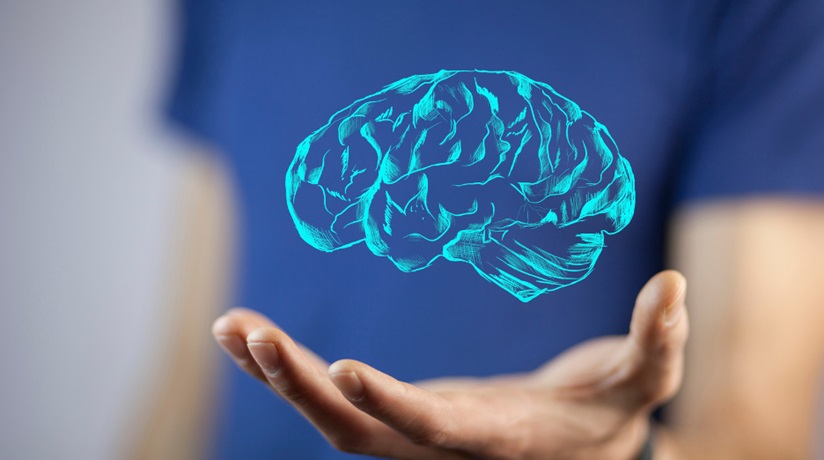Integrative psychiatry has been gaining traction as an alternative and complementary approach to mental health care. It focuses on treating the whole person, combining conventional psychiatric treatments with holistic practices like mindfulness and meditation. These practices offer a range of benefits, especially when used in conjunction with traditional therapies. If you’re looking for support from an integrative psychiatrist in NYC, you’ll find that mindfulness and meditation are central to many treatment plans.
What is Integrative Psychiatry?
Integrative psychiatry blends the best of both worlds: conventional psychiatry and holistic health practices. It emphasizes a personalized, multi-faceted approach to mental well-being. This can include psychotherapy, medication, lifestyle changes, and mind-body interventions like mindfulness and meditation. Such an approach recognizes that mental health conditions are not just a product of brain chemistry but also of a person’s lifestyle, environment, and emotional state.
The Role of Mindfulness in Psychiatry
Mindfulness refers to the practice of staying present and fully engaged in the moment without judgment. It is often cultivated through techniques such as breathing exercises, guided imagery, and mindful awareness. In integrative psychiatry, mindfulness serves as a tool to help patients manage stress, anxiety, and depression.
One of the primary benefits of mindfulness is its ability to reduce the effects of stress. By focusing on the present moment, individuals can create a buffer between themselves and overwhelming thoughts, allowing for more clarity and emotional regulation. Mindfulness can also increase self-awareness, helping patients recognize patterns of thinking that contribute to their mental health challenges.
Meditation: A Powerful Complement to Traditional Therapy
Meditation, closely related to mindfulness, involves training the mind to focus and redirect thoughts in a calming way. Regular meditation can help individuals experience profound relaxation and emotional balance, which is why it is often recommended by integrative psychiatrists in their treatment plans.
Studies have shown that meditation can reduce symptoms of anxiety, depression, and post-traumatic stress disorder (PTSD). For individuals recovering from trauma, meditation can help them process difficult emotions and re-establish a sense of safety and control over their thoughts. This makes meditation particularly beneficial in the field of trauma recovery, where managing emotional responses is crucial.
How Mindfulness and Meditation Impact the Brain
Both mindfulness and meditation have been shown to have tangible effects on the brain. Studies using neuroimaging have found that these practices can increase gray matter density in areas of the brain associated with emotional regulation, empathy, and memory. This suggests that mindfulness and meditation not only provide immediate relief but can also lead to long-term changes in the brain, supporting overall mental health improvement.
Additionally, these practices have been linked to a reduction in activity in the amygdala, the brain’s fear center. This can help individuals better manage anxiety, stress, and emotional reactivity.
The Importance of a Holistic Approach to Mental Health
Integrative psychiatry recognizes that mental health is influenced by a variety of factors, including physical, emotional, and spiritual well-being. By incorporating practices like mindfulness and meditation into traditional psychiatric care, patients receive a more well-rounded treatment that addresses their mental health from multiple angles. This holistic approach helps foster long-lasting wellness rather than just symptom management.
Also Read: How Integrative Psychiatry Supports Trauma Recovery?
Conclusion
Mindfulness and meditation are powerful tools in integrative psychiatry, offering a range of mental health benefits. These practices not only support emotional regulation and stress reduction but also promote long-term changes in brain function, improving overall well-being. Whether used alongside traditional psychiatric treatments or as standalone practices, mindfulness, and meditation are essential components of a holistic mental health approach.

